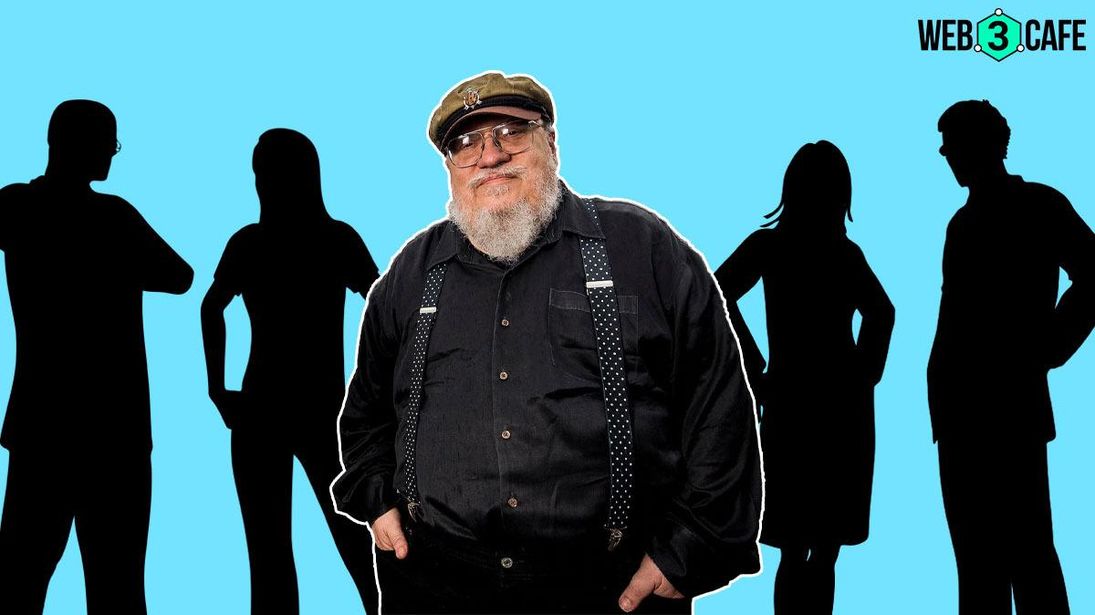Renowned authors sue OpenAI: A deep dive into the copyright controversy in AI
OpenAI is facing a lawsuit from The Authors Guild and 17 renowned authors for alleged copyright infringement, threatening their livelihoods and the market.
 artificial intelligence
artificial intelligence
Highlights
- The Authors Guild and 17 authors have sued OpenAI for copyright infringement
- The authors claim that OpenAI’s practices endanger their income
- This is the latest in a series of lawsuits against OpenAI by famous authors
In a significant development, OpenAI, a leading AI company, is facing legal action from a group of renowned authors yet again. The Authors Guild and 17 prominent authors, including Jonathan Franzen, John Grisham, George R.R. Martin, and Jodi Picoult, have filed a lawsuit against OpenAI in the Southern District of New York. They are seeking to classify the filing as a class action.
As predicted, OpenAI, Meta, Stability AI all getting sued for copyright infringement.
— ALEX DAMSKER (@AlexDamsker) September 21, 2023
Here, it’s authors John Grisham, Jodi Picoult, George RR Martin, et al suing.
More are coming. Watch for researchers, artists, analysts, etc. How much do we care about protecting our rights? pic.twitter.com/SsuSKgNmMN
Allegations against OpenAI
The authors alleged that OpenAI has infringed their copyrights by using its works to train its large language models (LLMs) without obtaining permission or providing compensation. They claim that this practice threatens their livelihoods as it enables anyone to generate text that would otherwise require a paid writer.
The lawsuit further states that the LLMs could produce derivative work that mimics, summarises, or paraphrases their books, potentially damaging their market. This is a serious concern for authors who rely on the uniqueness and originality of their work for their income and reputation.
The copyright controversy
The authors argue that OpenAI could have used works in the public domain for training its models instead of using copyrighted material without paying licensing fees. This argument highlights the ethical and legal complexities of AI training and the need for clear guidelines and regulations.
This lawsuit is the latest in popular authors' legal actions against OpenAI. It underscores the growing tension between AI companies and content creators over copyright issues.
Previous lawsuits
Earlier in September, Michael Chabon, the writer of Amazing Adventures of Kavalier and Clay, and others had sued OpenAI for similar reasons. Comedian Sarah Silverman and authors Christopher Golden and Richard Kadrey have also sought legal action against OpenAI and Meta.
Paul Tremblay and Mona Awad had filed their complaint in June. These lawsuits reflect the increasing concern among content creators about the potential misuse of their work by AI companies.
The larger picture
Generative AI companies have been navigating the copyright minefield with several lawsuits also being filed against AI image platforms. Microsoft, which collaborates with OpenAI, has announced that it will bear the legal consequences if commercial users of its Copilot AI service face lawsuits.
This ongoing legal battle underscores the complex issues surrounding copyright laws in the age of AI and raises important questions about the future of generative AI companies. It also highlights the need for a balanced approach that respects copyright laws while fostering innovation in AI.


COMMENTS 0